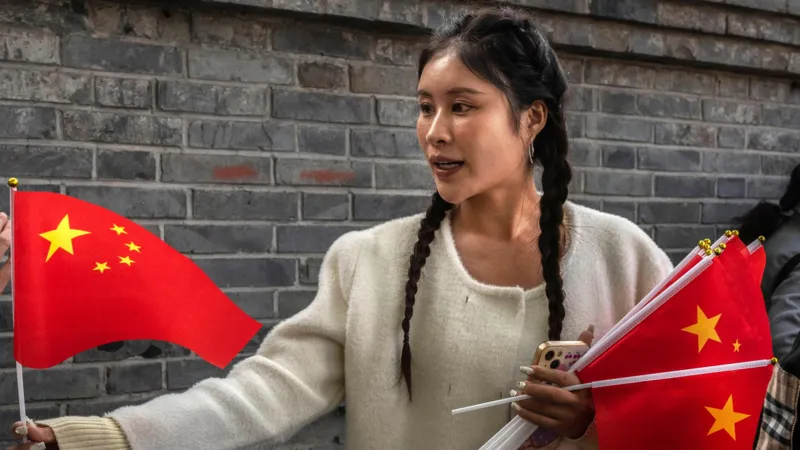Plans included financial aid for the impoverished, encouragement for the stock market, assistance for the nation’s property industry, and increased government spending.
Following the disclosures, shares in Hong Kong and the Chinese mainland saw historic rises.
However, experts caution that the measures might not be sufficient to address China’s economic issues.
The People’s Bank of China (PBOC) unveiled several new policies on September 24 that were specifically targeted at the nation’s struggling stock market.
Among the new instruments were borrowing funds totaling 800 billion yuan ($114 billion; £85.6 billion).
Pan Gongsheng, governor of the People’s Bank of China, also declared plans to cut borrowing costs and let banks to expand lending, and he said the central bank will help listed businesses that wish to buy back their own shares.
Two days following the PBOC pronouncement, Xi Jinping presided over an unexpected Politburo meeting of the nation’s top officials, which was centered on the economy.
Officials pledged to increase government expenditure with the intention of bolstering the economy.
Monday saw the benchmark Shanghai Composite Index rise by more than 8%, marking its greatest day since the global financial crisis of 2008. This was the day before China left for a week-long holiday. The action completed a five-day surge during which the index increased by 20%.







